I was reflecting on how the destruction of the original old-fashioned blogging world reflects the destruction of our culture in many ways.
Old-fashioned blogging was personal and individualized. Women decorated their blog templates to reflect their personality. They wrote about their family, hobbies, vacations, activities, books, recipes, ideas that mattered to them, etc. Simple pictures were included. When you read a woman’s blog, you felt that you got to know her as an individual.
Like most everything grassroots, populist, and generally good, corporations raced in to see how they could make money off this new phenomena. CEOs strategized ways to influence women to change what they were doing in order to follow the almighty dollar via the biggest currency of all, follower numbers.
Instead of a decentralized network of interesting people, everything quickly funneled through social media, Pinterest and Facebook in particular, but also Twitter.
Instead of writing for readers, bloggers wrote for corporate sponsors with increasingly restrictive expectations and demands.
Instead of a humble blog design that reflected a woman’s individuality, blog design expectations became standardized to the extent that today the majority of blogs/websites look so much alike you can barely tell them apart.
Certain subjects had to be dropped because they might be offensive. Instead of writing about a topic that was simply interesting for readers and meant something to the blogger, it had to have value for the search engines while at the same time not offending the search engines. So appeasing the almighty Google became another layer of slavery.
Pictures needed to be polished and professional. The blogger needed a professional headshot, preferably done in the golden hour and outside. Don’t forget the properly sized Pinterest image with requirements that change every 12-18 months! One also had to appease the almighty Pinterest gods or else all of your work would disappear from the Pinterest feed.
An entire business ecosystem exploded that was based on nothing more than selling tools to effectively appease the corporate beasts who now pulled the levers of control. This ecosystem exists for no purpose other than to sell products and services to bloggers (that they really didn’t want) in order to attempt to somehow survive in an overwhelmingly rigged online culture that the business ecosystem itself created and forced onto the blogging world.
Ultimately women began spending much more time doing the “work” of blogging rather than simply writing interesting posts and connecting with readers.
Now we have blogging alternatives such as Instagram, Substack, and the like. All of them offer great promise and reach, but there is a price to pay. Instagram is owned by Meta and it is in many ways a repressive platform that extracts strict philosophical obedience from its users. Substack is perhaps the most promising in terms of freedom and reach, but it is depressingly standardized in appearance with almost no opportunity to create something visually beautiful. There is no uniqueness there like there is with an old-fashioned blog.
What does the future hold? As culture begins to shift at the end of the Fourth Turning and we move toward the First Turning, what will people create online? What will people want to read? Will video continue to dominate? How will the push for decentralization we are beginning to see emerge in our culture carry over into the online world? I don’t know. We’ll have to see what develops. I do know that most people are beyond fed up with the centralized control and manipulation of everything.
And to those old-fashioned bloggers who carry on and have managed to avoid getting sucked into the matrix, I salute you and thank you. Perhaps you will help lead our culture back to sanity and freedom.
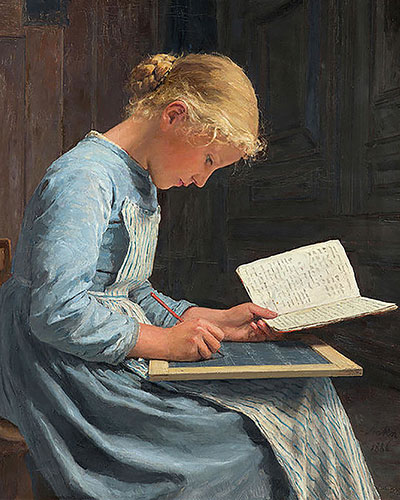


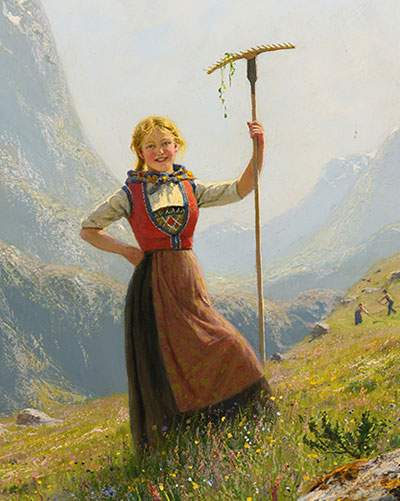
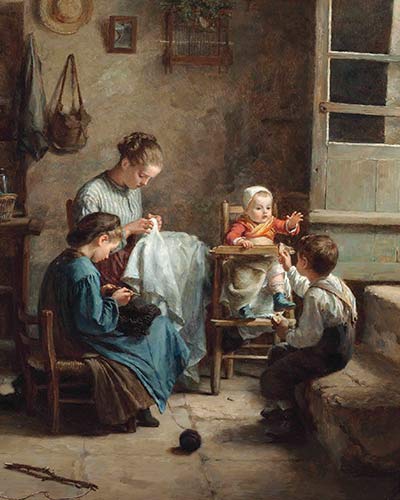

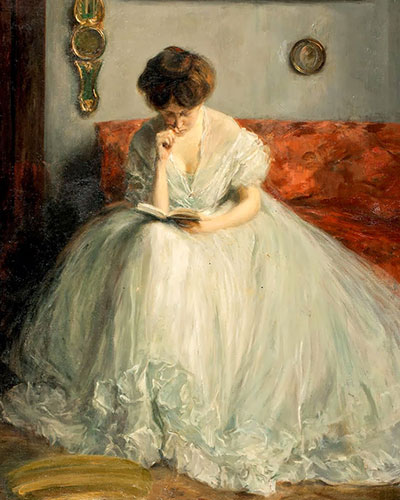
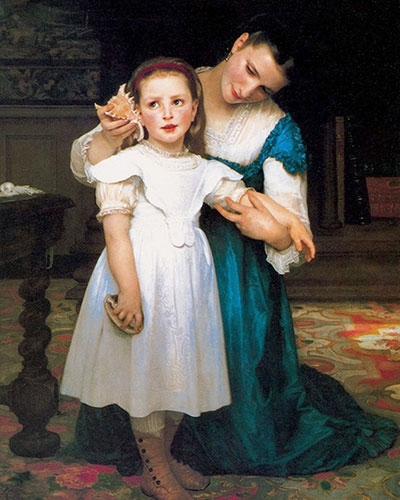


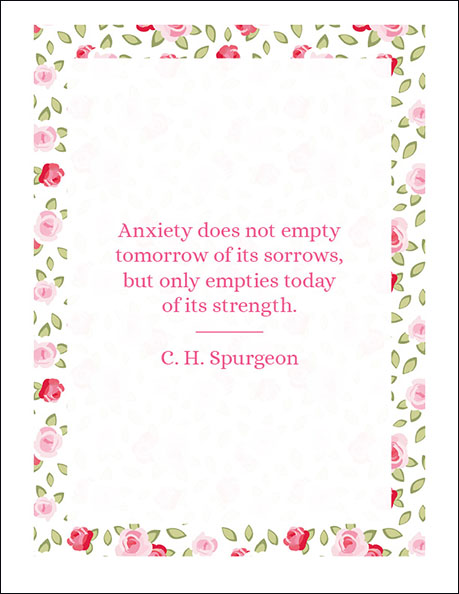
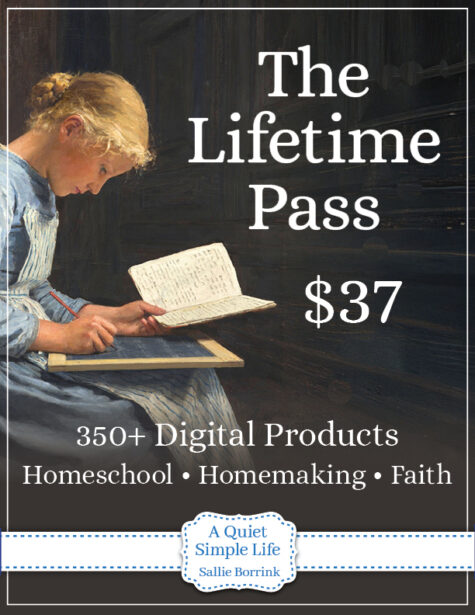
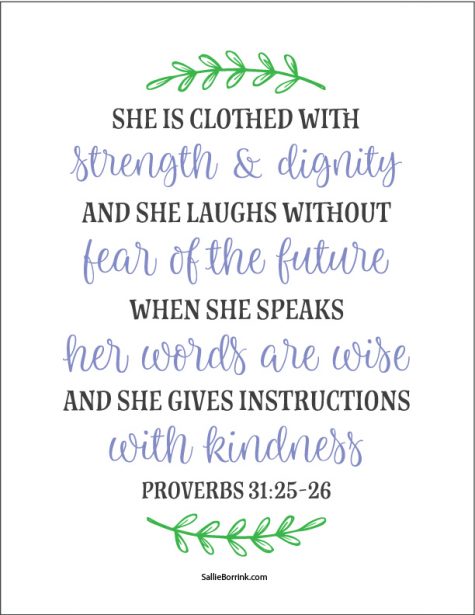
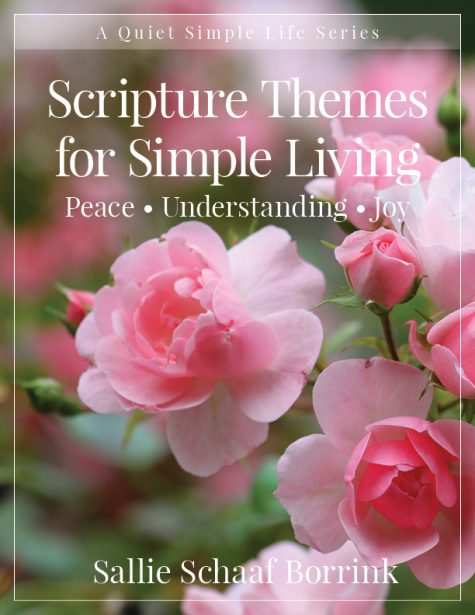
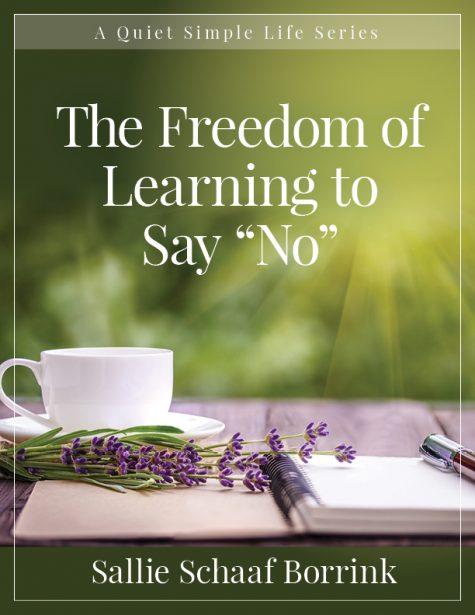
 Our Cozy Home No. 111
Our Cozy Home No. 111
Forgive me for being late to this post but I’ve just found your blog. I thought I was the only one fed up with the slow decay of blogging, which now appears to be a substrate for advertising. I used to LOVE reading blogs and enjoying some screen time – but now I generally avoid most platforms and utilize Pinterest to look up recipes. Thank you for identifying and discussing this topic!